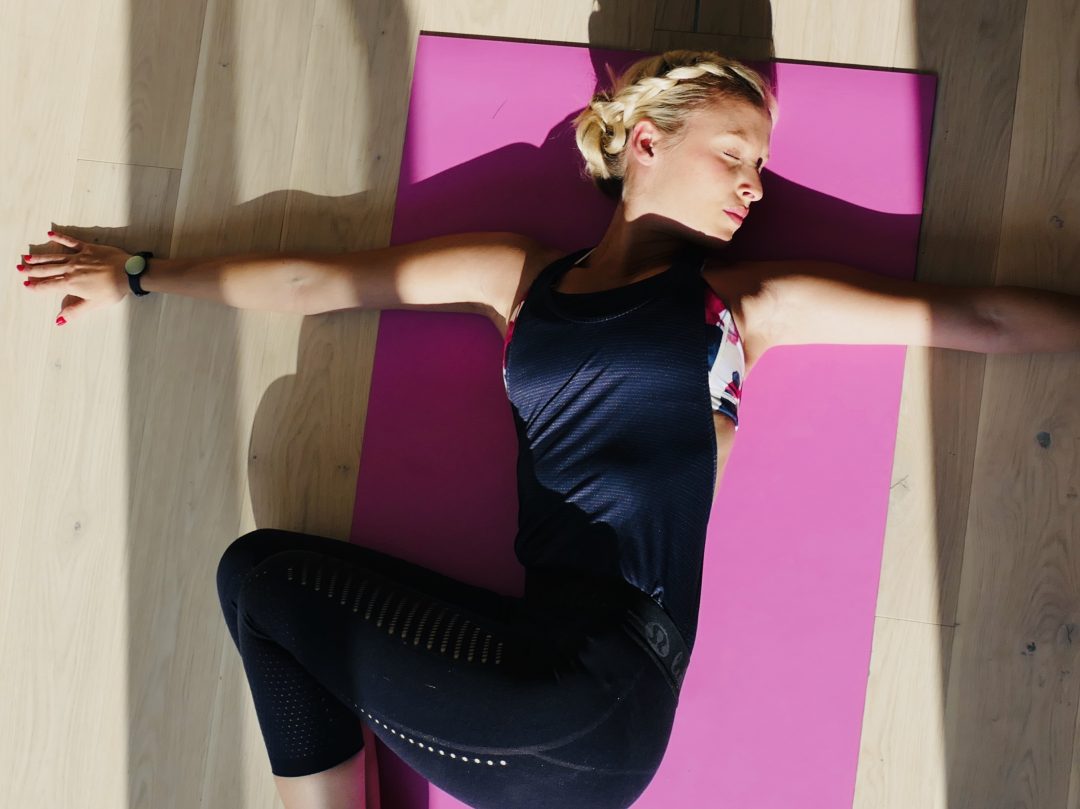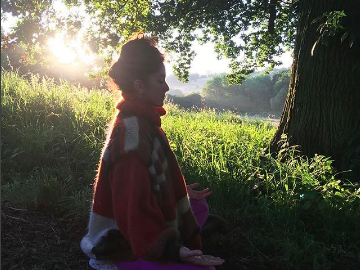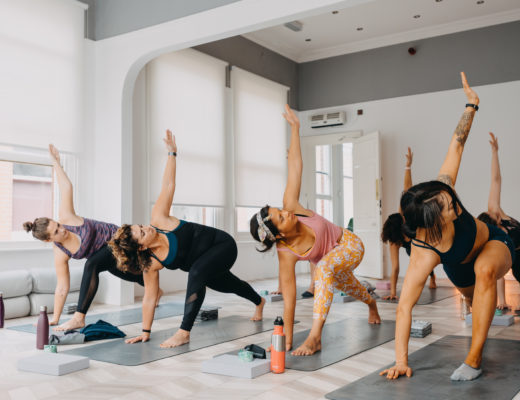“Sleep. So overrated.” Said no-one, EVER. Feeling tired is pretty normal for most people. We live busy lives, have busy jobs and brains and need a decent nights kip to hit the refresh button, to stay on top of feeling well and to keep lurking under eye luggage at bay.
We caught up with sleep guru, founder of The Insomnia Clinic, Kathryn Pinkham – recently featured in The Guardian, The Independent and The Huffington Post – to get the lowdown on what to do if you’re counting a lot of sheep and whether the supposedly magical number of 8 hours is actually necessary.
So, Kathryn, we need 8 hours sleep each night, is that right? 
Not really, quality of sleep is more important than quantity. If you’re falling asleep within approx 20- 30 minutes of going to bed and sleeping until your alarm without large periods of time awake then that would indicate that you’re getting good quality sleep. The sleep your body needs. If that’s 8 hours then maybe 8 is your magic number. Sometimes the fixation on trying to get a set number of hours can cause worry, thus preventing ease in falling and staying asleep. My advice would be to focus on how you feel rather than a number of hours.
But what’s the minimum number of hours we should be banking each night?
This is unique to each and everyone of us, ranging anywhere from 5-9 hours. Once you know what works for you, adapt your routine to suit the number of hours you sleep and limit your time in bed to these hours. This way, you train your body to associate your bed with quality time asleep. Routine drives an appetite for sleep, and if consistent, can help us maintain a guaranteed quality sleep.
You mentioned that if we’re taking up to 30 minutes to nod off then that falls within an expected timeframe to fall asleep?
Yes, but if you’re perhaps lying there awake a lot longer waiting for sleep to descend, thinking about not being asleep and contemplating your diminishing sleep window, tomorrow’s meetings etc then you’re triggering a worry, making it harder to nod off. My advice would be to get up, and do something else until you’re feeling more tired. Read a book or watch TV in the living room, don’t stay in bed.
Why is it important to get out of bed if you’re struggling to fall or stay asleep?
If you stay in bed, waiting it out, getting more stressed about not being asleep you create a negative sleep association around being in bed. This then amplifies the issue and the next night you hop into bed thinking about not being able to sleep well.
We talked a little about sleep hygiene, what is this?
Sleep hygiene recommendations are the usual tips and pieces of advice provided online or from the GP around sleep related issues such as drinking herbal tea, spraying lavender on your pillow to encourage relaxation. In my opinion a lot of these don’t tackle the actual issue and instead can result in more thought and worry over not being able to fall or stay asleep. However, I do agree that caffeine and blue screen technology can have a negative impact on sleep quality so ditch these to induce slumber.
So, in a nutshell;
- don’t count the hours (or sheep), quality over quantity wins
- if falling asleep is an issue don’t stress and ponder…just get up and do something else until you feel tired enough to drop off
- sleep hygiene and CBT for the treatment of sleep related issues are separate schools of thought, CBT is scientifically proven with benefits reaped in just 4 weeks (we’ll look at CBT in more depth later in the series)
This post is the first in our sleep series with Kathryn where we’ll be investigating various sleep related topics in our quest for the most peaceful, dreamiest of night’s sleep.
Next up….sleep tracking tech, sit tight.
If you’re struggling with insomnia, check out www.theinsomniaclinic.co.uk for more information and support.




